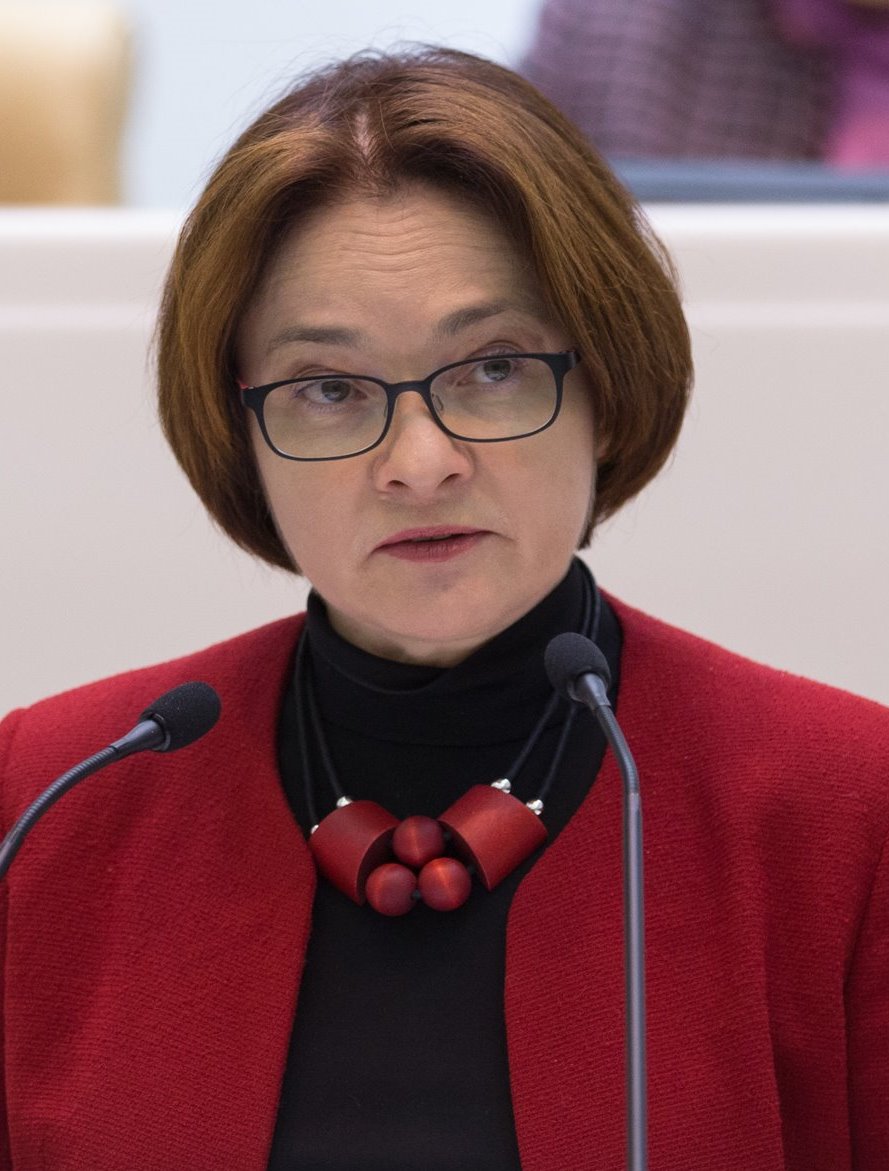High Stakes at Russia's Central Bank: Navigating Inflation
Russian Central Bank Governor Elvira Nabiullina discussed the decision to increase the key interest rate to 21%, the highest since 2003. She outlined factors influencing inflation and exchange rate volatility, emphasizing the importance of economic data in determining future rate adjustments.

The Russian Central Bank, under the leadership of Governor Elvira Nabiullina, made headlines on Friday by announcing a significant interest rate hike to 21%. This marks the highest rate since February 2003, signaling a robust approach to countering inflationary pressures.
Governor Nabiullina, speaking at a news conference in Russian with translations provided by Reuters, highlighted the deliberations behind the rate decision. The central bank considered raising the rate to either 20% or 21%, discarding the option of leaving rates unchanged. The possibility of further rate hikes in upcoming meetings will depend heavily on incoming economic data.
Addressing factors contributing to inflation, Nabiullina pointed to an imbalance between supply and demand, budgetary factors, and rising inflation expectations. She also noted recent volatility in the exchange rate, acknowledging its impact while emphasizing long-term stability.
(With inputs from agencies.)
ALSO READ
Mixed Opening on Wall Street Amid Economic Data Scrutiny
State Bank of India Announces Direct Exchange Rates
Global Markets in Flux Amid Economic Data and Political Shifts
Euro Zone Bond Yields Steady Amid Economic Data Deluge
Cracking Exchange Rate Mysteries: A Hybrid Model for Predictable Dynamics










